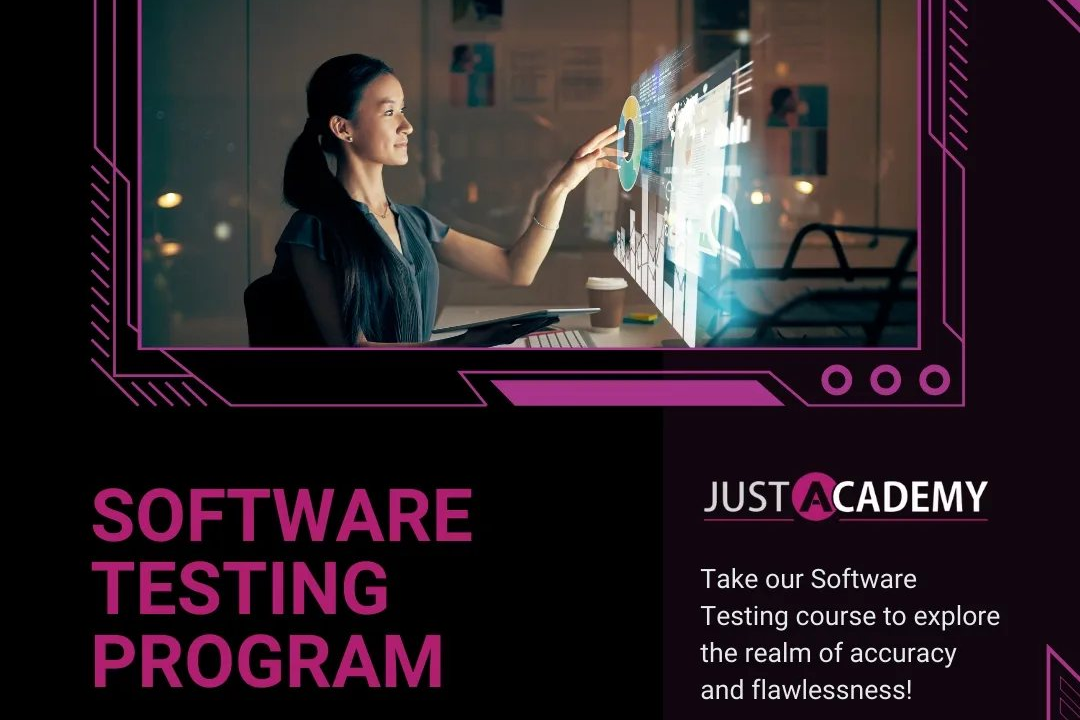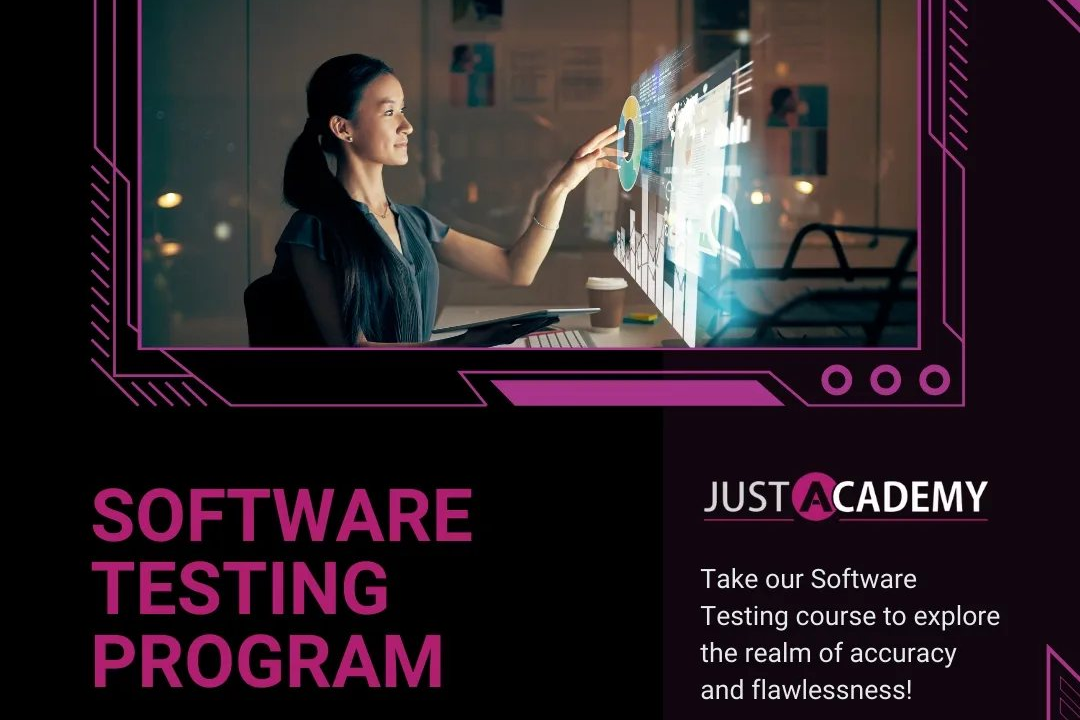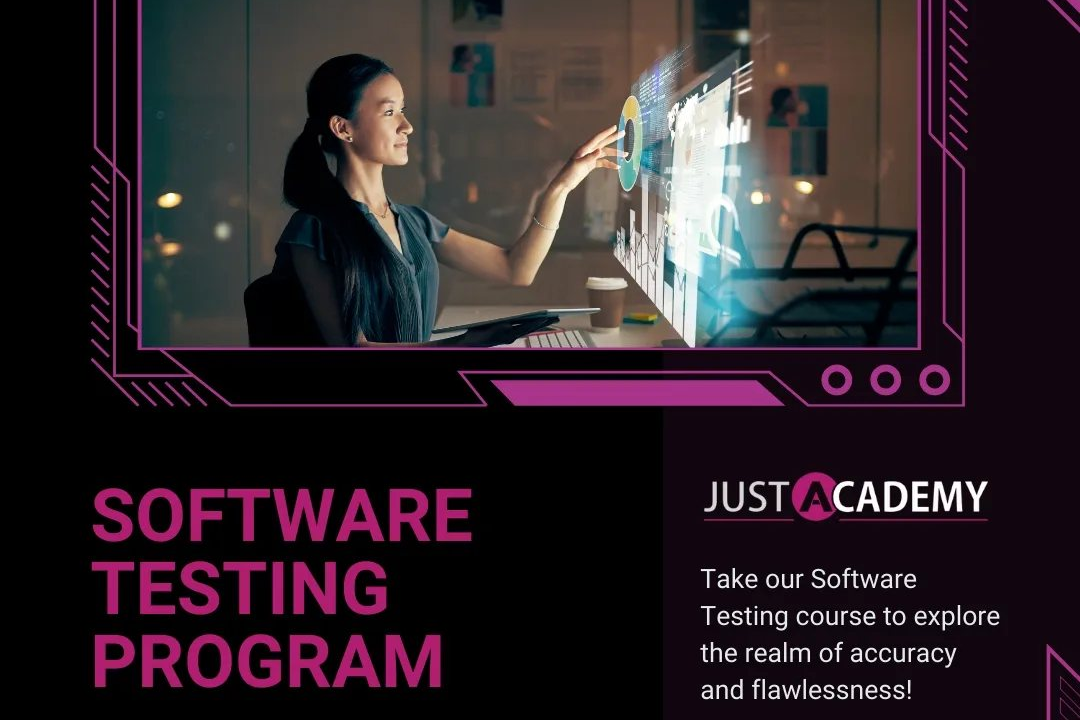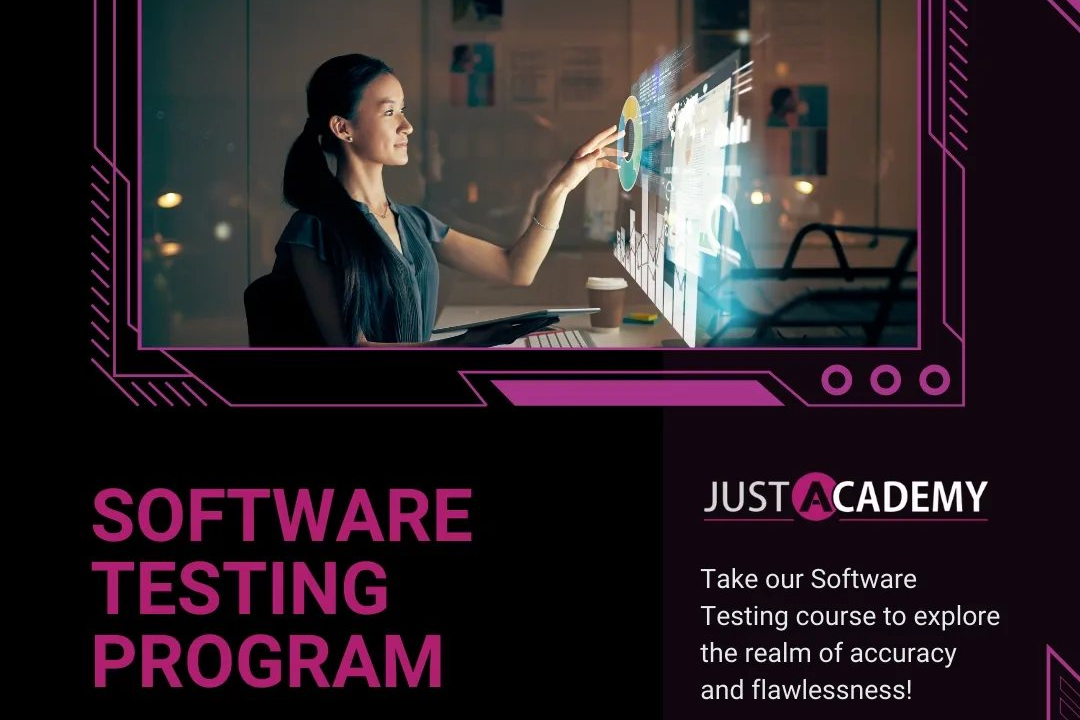Basic PHP Programs Asked in Interview
Basic PHP programs are core coding challenges often presented in technical interviews to assess a ca
Basic PHP Programs Asked in Interview
Basic PHP programs are commonly featured in technical interviews as they serve to assess candidates' foundational programming skills and understanding of the PHP language. These programs typically focus on essential concepts, such as data types, control structures, and functions, allowing interviewers to evaluate a candidate's problem-solving abilities and coding efficiency. By solving these challenges, candidates demonstrate their readiness to handle real-world scenarios, ensuring they grasp key programming principles while also showcasing their potential to contribute effectively in a professional setting. Mastering these basic programs not only builds confidence but also lays a solid foundation for more advanced PHP topics and projects.
To Download Our Brochure: https://www.justacademy.co/download-brochure-for-free
Message us for more information: +91 9987184296
Basic PHP programs are commonly featured in technical interviews as they serve to assess candidates' foundational programming skills and understanding of the PHP language. These programs typically focus on essential concepts, such as data types, control structures, and functions, allowing interviewers to evaluate a candidate's problem solving abilities and coding efficiency. By solving these challenges, candidates demonstrate their readiness to handle real world scenarios, ensuring they grasp key programming principles while also showcasing their potential to contribute effectively in a professional setting. Mastering these basic programs not only builds confidence but also lays a solid foundation for more advanced PHP topics and projects.
Course Overview
The “Basic PHP Programs Asked in Interviews” course at JustAcademy is designed to equip learners with essential PHP programming skills that are frequently evaluated in technical interviews. This comprehensive course covers fundamental concepts such as variables, data types, control structures, and functions while engaging participants in hands-on coding exercises. Throughout the program, students will tackle a series of practical challenges that mirror real interview scenarios, allowing them to develop problem-solving abilities and coding efficiency. By the end of the course, participants will gain the confidence and proficiency needed to excel in job interviews and seamlessly transition into real-world PHP development projects.
Course Description
The “Basic PHP Programs Asked in Interviews” course at JustAcademy provides aspiring developers with a focused curriculum designed to enhance their PHP programming skills specifically for job interviews. Through a combination of theoretical knowledge and practical coding exercises, learners will explore essential concepts such as variables, loops, arrays, and functions, while also addressing commonly asked interview questions. Participants will engage in hands-on projects that simulate real-world coding challenges, enabling them to build confidence and competence in their PHP abilities. By the end of the course, students will have a solid foundation in PHP, empowering them to tackle technical interviews successfully and apply their skills in professional environments.
Key Features
1 - Comprehensive Tool Coverage: Provides hands-on training with a range of industry-standard testing tools, including Selenium, JIRA, LoadRunner, and TestRail.
2) Practical Exercises: Features real-world exercises and case studies to apply tools in various testing scenarios.
3) Interactive Learning: Includes interactive sessions with industry experts for personalized feedback and guidance.
4) Detailed Tutorials: Offers extensive tutorials and documentation on tool functionalities and best practices.
5) Advanced Techniques: Covers both fundamental and advanced techniques for using testing tools effectively.
6) Data Visualization: Integrates tools for visualizing test metrics and results, enhancing data interpretation and decision-making.
7) Tool Integration: Teaches how to integrate testing tools into the software development lifecycle for streamlined workflows.
8) Project-Based Learning: Focuses on project-based learning to build practical skills and create a portfolio of completed tasks.
9) Career Support: Provides resources and support for applying learned skills to real-world job scenarios, including resume building and interview preparation.
10) Up-to-Date Content: Ensures that course materials reflect the latest industry standards and tool updates.
Benefits of taking our course
Functional Tools
1 - PHP Development Environment: The course begins by introducing students to the essential tools required for developing PHP applications. Popular IDEs (Integrated Development Environments) like PhpStorm, Visual Studio Code, and NetBeans are explored. These tools provide features like code completion, debugging capabilities, and syntax highlighting, which enhance productivity during coding. Students will learn how to set up their development environment, enabling them to execute PHP scripts efficiently and troubleshoot issues effectively.
2) Local Server Setup: Understanding how to run PHP code locally is crucial for any developer. The course teaches students how to set up a local server environment using tools like XAMPP, MAMP, or WAMP. These platforms simulate a web server on the local machine and include components like Apache, MySQL, and PHP. Students will learn to create databases, manage files, and deploy PHP applications, providing hands on experience that is vital for real world development.
3) Version Control Systems: The course emphasizes the importance of version control in software development. Students will be introduced to Git, a widely used version control system that allows developers to track changes in their code, collaborate with others, and revert to previous versions when necessary. They will learn about basic Git commands, branching, and repositories, which are critical for effective teamwork and project management.
4) Database Management Tools: A significant aspect of web development involves interacting with databases. The course incorporates tools like phpMyAdmin to manage MySQL databases visually. Students will learn how to create, read, update, and delete (CRUD) data within databases, and how to connect their PHP applications to these databases. Proficiency in database management is essential for dynamic web applications that require data storage and retrieval.
5) Debugging Tools: Debugging is an integral part of the development process, and the course introduces various tools and techniques for identifying and fixing errors in PHP code. Students will learn to use debugging tools integrated into their IDE, as well as tools like Xdebug for a more in depth debugging experience. Understanding how to effectively troubleshoot code will prepare students for challenges they may face in real time development scenarios.
6) Unit Testing Frameworks: To ensure code reliability, the course provides an overview of unit testing frameworks like PHPUnit. Students will learn the fundamental principles of writing test cases and conducting tests to validate their code. By incorporating unit testing practices, students will develop cleaner, more maintainable code, and will be better equipped to catch errors early in the development process, which is a highly valued skill in modern programming environments.
7) Framework Overview: The course introduces students to popular PHP frameworks such as Laravel, CodeIgniter, and Symfony. Understanding frameworks is crucial as they provide pre built modules and libraries that streamline development processes. Students will learn fundamental concepts such as MVC (Model View Controller) architecture, which helps in organizing code and promotes code reusability, making development efficient and scalable.
8) Building RESTful APIs: With the growing demand for web services, knowledge of RESTful API development is essential. The course covers how to design and develop RESTful APIs using PHP. Students will learn about routing, handling requests, and returning responses in formats like JSON. This skill enables them to create applications that can seamlessly interact with other services and platforms.
9) Front End Integration: Although PHP is a server side language, front end integration is crucial for full stack development. The course teaches students how to interface PHP with front end technologies such as HTML, CSS, and JavaScript. By learning how to dynamically generate HTML content, manage user inputs, and handle client side validations, students will gain a holistic understanding of web application development.
10) Security Best Practices: Security is paramount in web development. The course covers essential security measures to protect PHP applications from common vulnerabilities such as SQL injection, XSS (Cross Site Scripting), and CSRF (Cross Site Request Forgery). Students will learn how to sanitize user inputs, use prepared statements, and implement authentication mechanisms, ensuring their applications are secure and robust.
11 - Deployment Strategies: Understanding how to deploy PHP applications is another key focus of the course. Students will explore different hosting solutions, such as shared hosting, VPS (Virtual Private Server), and cloud based platforms. They will learn about the deployment process, including file transfer, configuring the server environment, and managing application updates. This hands on experience prepares them for real world scenarios where deployment is a critical stage of development.
12) Real time Project Work: The course emphasizes learning through practical experience by assigning real time projects. Students will apply their knowledge by building complete web applications from scratch, incorporating all aspects of their learning, including front end design, back end logic, database integration, and deployment. This project based approach reinforces their skills and prepares them for future employment in the industry.
13) Soft Skills Development: In addition to technical skills, the course encourages the development of essential soft skills such as communication, teamwork, and problem solving. Through group projects and collaborative coding sessions, students will learn to work effectively in teams, articulate their ideas clearly, and tackle challenges together, which are vital skills in any workplace.
14) Portfolio Creation: As students complete their projects, they will be guided on how to compile their work into a professional portfolio. A well organized portfolio showcasing their projects, skills, and accomplishments is crucial for job applications, and students will learn best practices for presenting their work effectively to potential employers.
15) Industry Insights and Trends: The course keeps students informed about the latest trends and technologies in PHP development. Through guest lectures from industry professionals and discussions on emerging tools and methodologies, students will gain insights that enhance their knowledge and readiness to enter the job market with a competitive edge.
Browse our course links : https://www.justacademy.co/all-courses
To Join our FREE DEMO Session:
This information is sourced from JustAcademy
Contact Info:
Roshan Chaturvedi
Message us on Whatsapp:
Email id: info@justacademy.co












